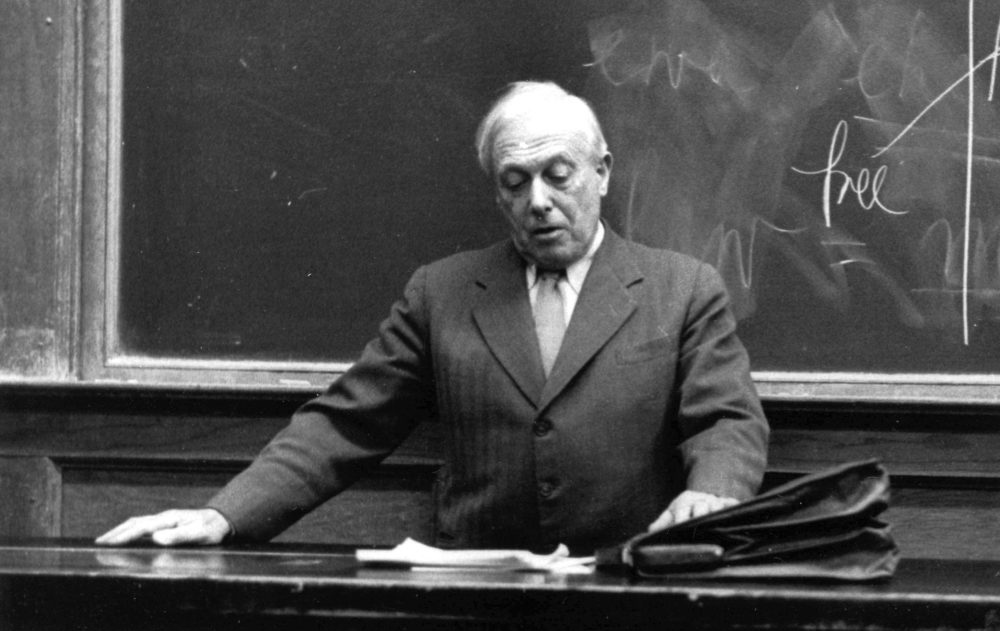NOTE: This lecture is made up of excerpts from Peace Corps (1966), Lectures 1 and 2
And if you go to India and serve two years, it would be foolish to think that the fruits of what you are doing can be seen after two years. It cannot be seen after four years.
You know when it could be seen? If the people with whom you have lived will tell their grandchild that one day this grandchild should go to the United States, and look it over what this queer country was from which such a plant had arrived, then you would be successful.
—July 15, 1966

